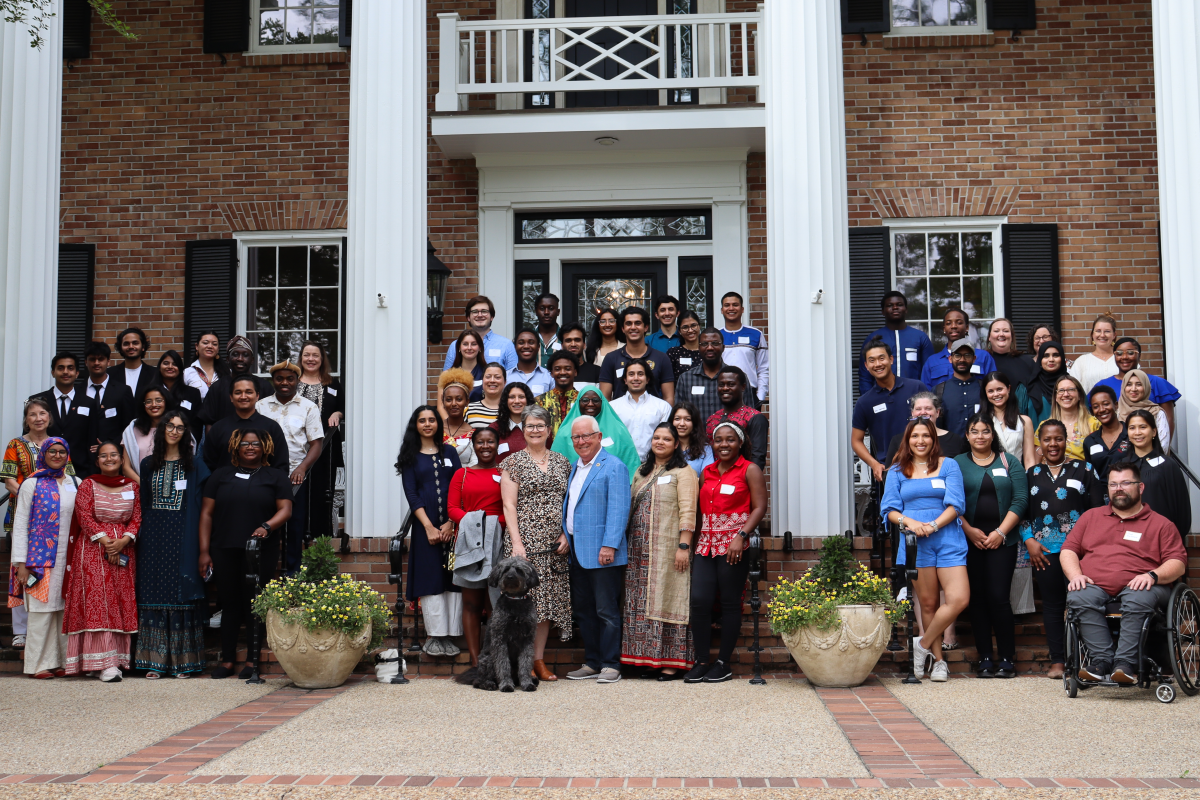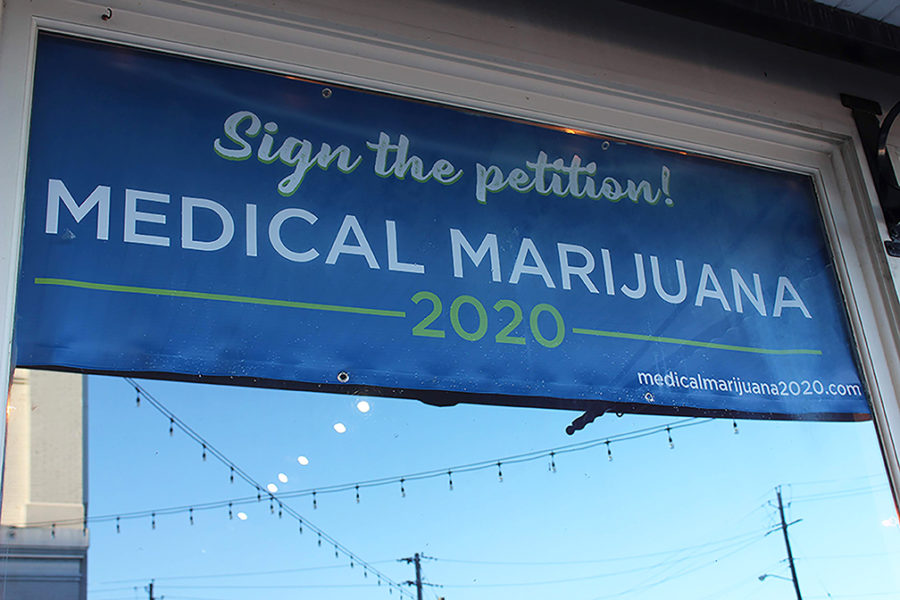A recent legislative medical marijuana program leaves the fate of compassionate care for Mississippians in limbo, adding onto the legal challenges Initiative 65 faces.
On Feb. 12, Lt. Gov. Delbert Hosseman called the Mississippi State Senate for a midnight vote on Bill 2765. Though a previous vote on the measure had failed, this session passed it, sending it off to the statehouse for approval.
The bill, authored by Sen. Kevin Blackwell, R-Southaven, would be a legislative alternative to Initiative 65, which is an amendment to the state constitution to create a medical marijuana program. Initiative 65, approved during the November 2020 election cycle, formed as the result of a massive, years-long grassroots campaign throughout the state. It also beat a similar legislative alternative bill, Initiative 65A, in that same cycle.
Many supporters of Initiative 65 are angry with Bill 2765, saying it’s the legislature’s attempt to override a program that voters overwhelmingly supported. Some even believe it to be a coordinated effort by Republican leadership to control something they didn’t want to begin.
“The establishment is trying to coerce senators into voting against the will of the people,” The Mississippi Alliance for Cannabis wrote on its Facebook page.
There are distinct differences between Initiative 65 and Bill 2765, especially economically. Initiative 65 proponents feel the competing measure would favor larger, out-of-state cannabis businesses at the expense of local in-state growers.
Patients under Bill 2765 would also have to fork over a seven percent sales tax on their marijuana prescriptions. This would be the first prescription medication tax in the state of Mississippi, which, according to Mississippi Today, would largely be directed to education in the state. Initiative 65, meanwhile, explicitly works against that tax, exempting marijuana prescriptions from general fund taxes while including fees that are fed right back into the medical marijuana program.
Supporters of Bill 2765 like Sen. Brice Wiggins, R-Pascagoula, claim it’s merely a “backup plan”. They point out that the bill includes “trigger language”, meaning it would only go into effect if 65 is gutted by the courts.
“It’s a backup plan in case the [Mississippi] Supreme Court rules the referendum unconstitutional,” said Wiggins. “[Otherwise, you] won’t have a program at all.”
This provision was created in response to legal troubles Initiative 65 is facing. Madison Mayor Mary Hawkins Butler filed a lawsuit aimed at dismantling Initiative 65 just days before the November election. Though the suit is filed against the Mississippi Secretary of State, she says her real battle is against “pot shops” in her city.
Butler’s complaint claims that the process of gathering signatures to qualify for the ballot was unconstitutional. For an initiative to qualify for the ballot, organizers must gather signatures from the state’s former five congressional districts, even though Mississippi currently has four congressional districts after reapportionment following the 2000 Census. If she’s successful, she would also wipe out every other grassroots initiative Mississippi voters approved during the last 21 years.
Shortly after the November 2020 election, the communications director for the original Medical Marijuana 2020 campaign, Jamie Grantham, said this “frivolous” lawsuit was “without merit”.
“She’s had months to make her voice heard, and she never did that,” Grantham said. “My hope and prayer is [sic] that the Mississippi Supreme Court will honor and uphold [the intention behind Initiative 65].”
The effort to overturn 65 in the courts is even receiving national attention and support. The American Medical Association (AMA), along with the Mississippi State Medical Association, filed an amicus brief to back Butler’s efforts to dismantle the program, citing numerous public health risks and burdens on physicians.
Initiative 65 also has a fair bit of national support, however. Paul Armentano, the Deputy Director of the National Organization for the Reform of Marijuana Laws, spoke out against AMA’s statement on Facebook.
“AMA’s position is woefully out of step with both public opinion and scientific consensus, as well as with the opinions of the majority of physicians,” Armentano said.
As of writing, there’s no telling how long Initiative 65 could be held up in the courts. The case will go before the state Supreme Court this April before the medical marijuana program is even off the ground. If the amendment can withstand these legal battles, The Mississippi State Department of Health, the agency tasked to run the program, will start to issue patient identification cards and treatment center licenses Aug. 15.






























